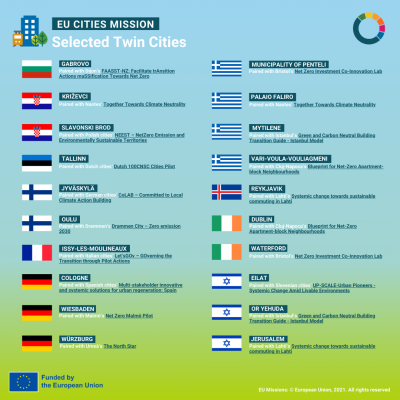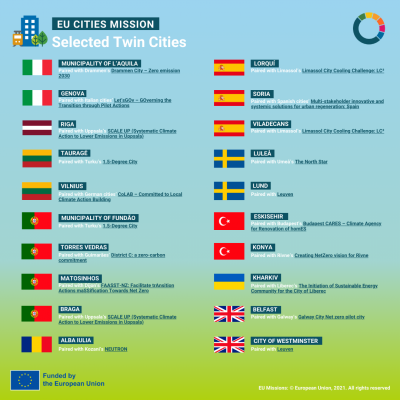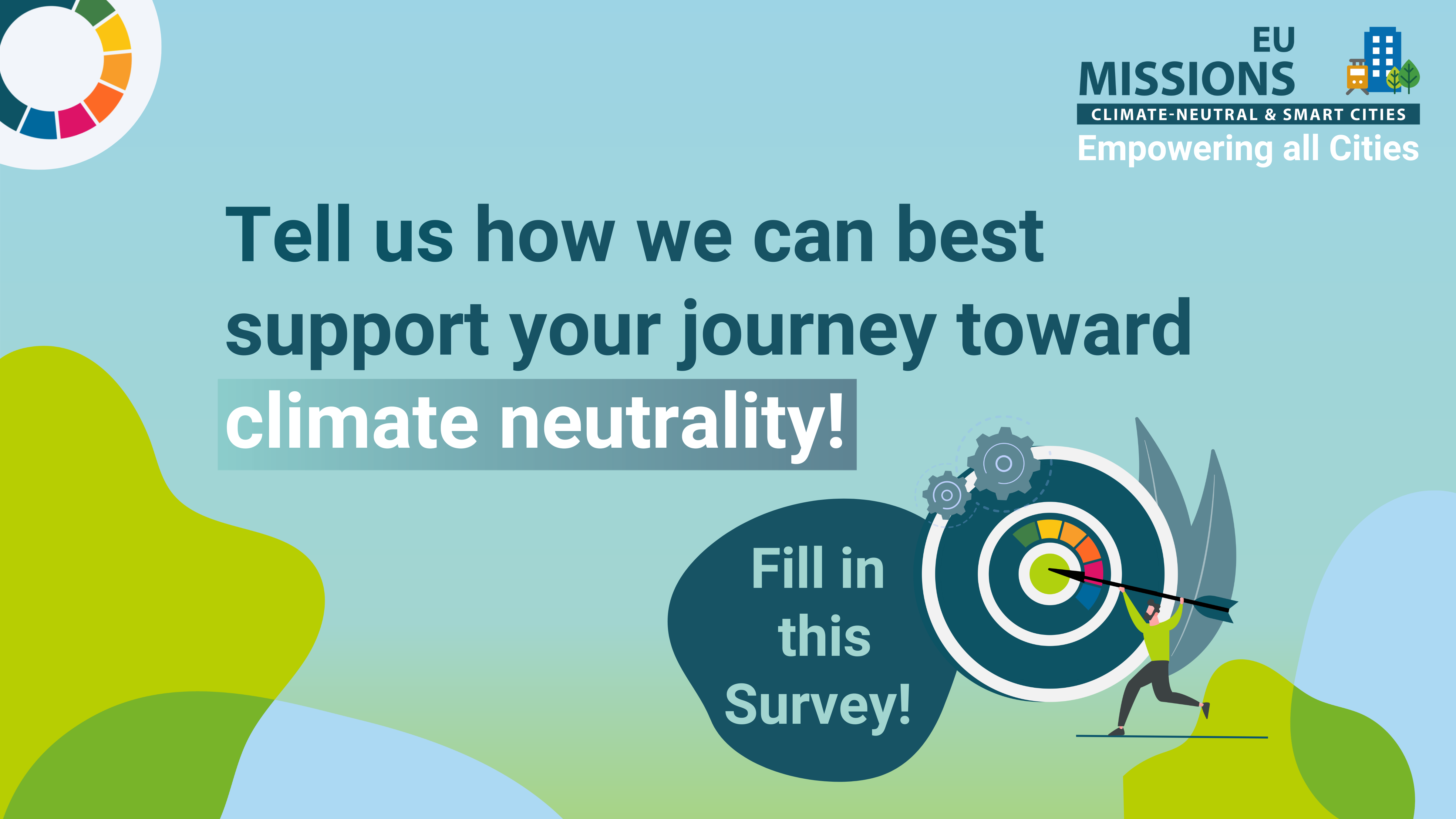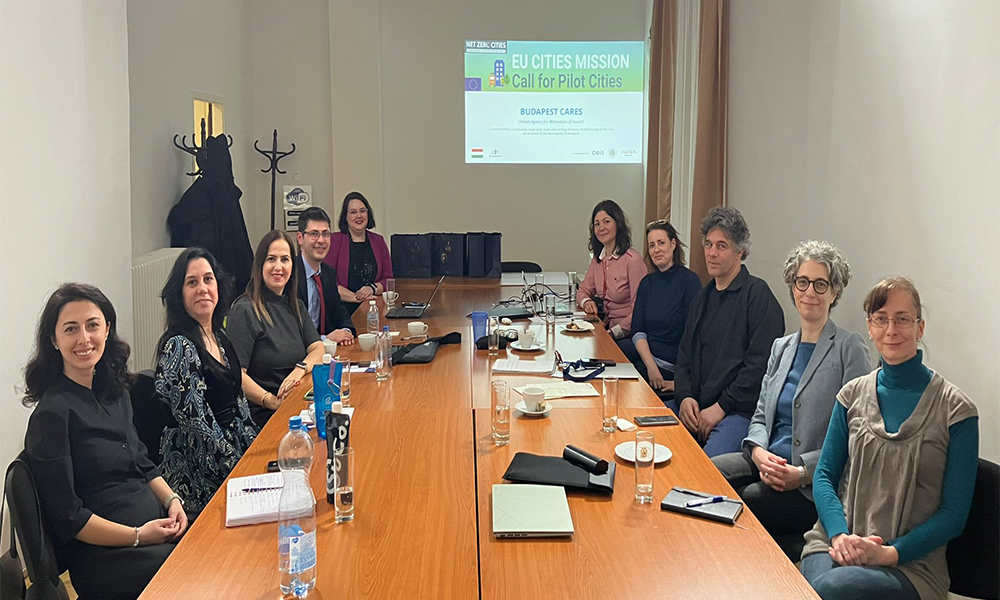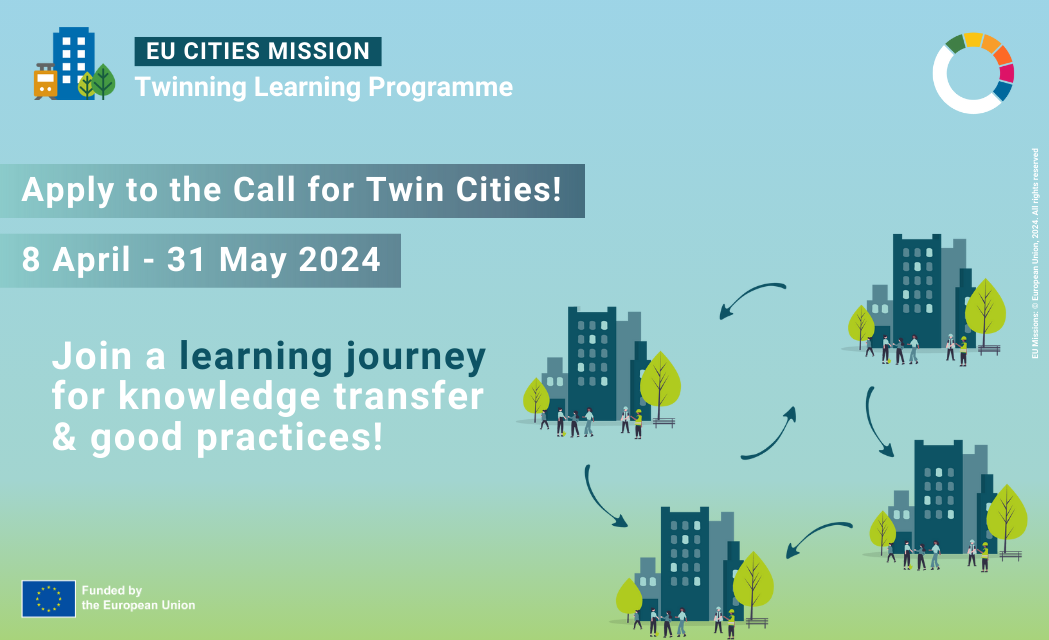Climate neutrality requires collaboration. That’s why the NetZeroCities Twinning Programme is matching 40 new Twin Cities from across Europe, including seven from Associated Countries, with Pilot Cities that are experimenting with new approaches to decarbonisation. As part of the EU’s ‘Cities Mission,’ this diverse cohort of Twin Cities is poised to replicate the successes seen in Pilot Cities, gleaning valuable insights from their testing of the latest strategies geared toward climate neutrality.
At its core, the NetZeroCities Twinning Programme is an effort to make sure that progress on climate has a ripple effect, with success in one city paving the way for others to follow. The Twin Cities have been paired with Pilot Cities based on common challenges, goals in terms of emissions reductions, and other shared traits – putting co-creation and exchange at the centre of a growing group of cities motivated to take practical action to address the climate crisis. To accommodate the connections between these cities, they will work together in two different configurations: 15 Pilot Activities were matched with two Twin Cities (a “duo” format) while 10 Pilot Activities were paired with one Twin City (solo).
In Twin City L’Aquila, Italy, Dr. Dina Del Tosto, who works with the Office of Environmental Policy, notes that the mountainous landscape and local water systems are guiding their exchange with Pilot City Drammen, Norway:
Being the leader of the Aterno River Contract, we are very interested in water resources related to climate change and the use of nature-based solutions applied to the river ecosystem. As part of my exchange with NetZeroCities Pilot Cities I look forward to learning the ecosystem approach to CO2-reduction, involving regional businesses, municipalities, universities, and citizens and the implementation of a nature-positive approach when reducing CO2.
The 20-month journey of the Twin Cities will be guided by a Learning Programme made up of three modules: Getting started; Co-creating; and Capitalising. Each of these will foster exchange with the help of facilitated workshops, online gatherings, and site visits. Twin Cities will be able to see Pilot Cities’ activities up close, helping them to envision how such actions might look in their own community. Twin Cities will create Replication Plans based on these experiences, while benefitting from direct support from NetZeroCities partners and resources on the NetZeroCities Portal.
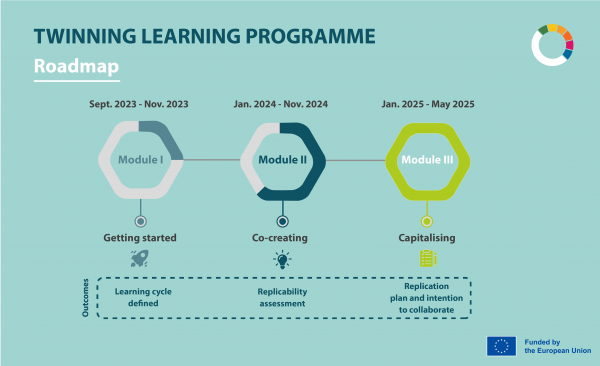
The Learning Programme is especially useful because many of the Twin Cities already have clear-cut learning goals and areas of focus. According to Johanna Konttila, with the municipal waste management company Kiertokaari in Twin City Oulu, Finland;
What is most exciting about becoming a Twin City is the opportunity to collaborate on enhancing household waste recycling, gaining insights into changing people’s sorting behaviours, and exploring the utilization of renewable energy and possibly landfill gas in circular economy initiatives. We look forward to a seamless partnership where we can mutually share knowledge and provide valuable insights to NetZeroCities Pilot Cities.
The 40 Twin Cities are expanding the impact of climate neutrality-oriented actions taking place not only across the Cities Mission, but in an expanding network of cities engaging with the goal of climate neutrality by 2030.
